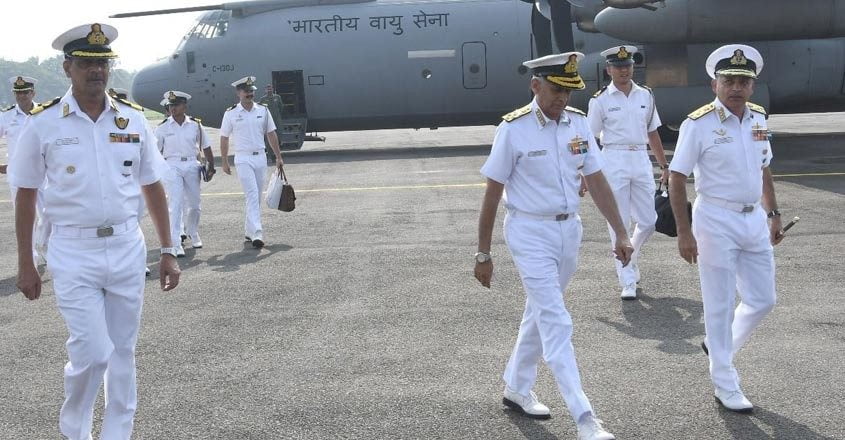According to information provided to Parliament by the Ministry of Defense on Tuesday, July 19, the Indian Navy has implemented a policy to address the problem of suicides among military members.
According to the Ministry of Defence, a comprehensive strategy was established on April 12 to prevent suicides among serving navy personnel.
The plan is referred to as IN-SMART, or Indian Navy Strategy for Mental Health Assistance Resilience and Training. At INHS Asvini, the Indian Navy’s flagship hospital, a toll-free suicide helpline is offered only to employees.
At significant naval bases, the Department of Psychiatry also offers psychological counselling. In addition to the psychiatrist assigned, clinical psychologists and counsellors are employed for the purpose, according to the defence ministry.
The number of suspected suicides in the armed forces during the previous five years was disclosed by the Ministry of Defense.
Army: 642
Air Force: 148
Navy: 29
According to the ministry, there is no unified repository for government data on veteran suicides.
“The armed forces regularly develop strategies to enhance stress-mitigating methods for the management of stress and suicides in the services. Since 2009, a complex programme for mental health wellness has been developed, according to the defence ministry.
The defence ministry reported that there are numerous systems in place to monitor and spot members of the armed services who have psychological issues, such as depression and suicidal thoughts.
The Director General of Armed Forces Medical Services has issued comprehensive recommendations for mental evaluation, diagnosis, treatment, and disposal of service members and their families who suffer from psychiatric diseases (DGAFMS).
According to protocol, unit commanding officers, regimental medical officers, and junior leaders identify and counsel employees who are at high risk of stress. The regimental medical officers interview, counsel, and inspect each member returning to a unit after a leave of absence. According to the government, motivational speeches are given to everyone and stress markers and warning signals of stress are observed.
